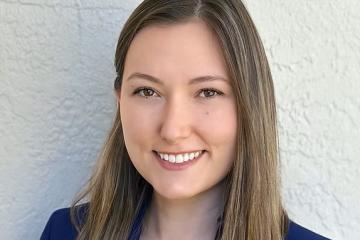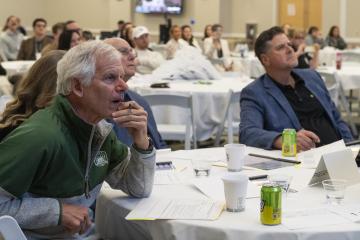Voinovich School of Leadership and Public Service News
Popular Topics
Upcoming Events
Executive Master of Public Administration & Online Master of Public Administration Online Open House
Friday, January 30
12:00 PM — 12:30 PM
Master of Sustainability, Security & Resilience Online Open House
Friday, January 30
12:00 PM — 12:30 PM
Together We Can Do It! George V. Voinovich and the Work of Government Panel and Exhibit
Thursday, February 12
6:00 PM — 8:30 PM
Slovenian National Home
Executive Master of Public Administration & Online Master of Public Administration Online Open House
Friday, February 20
12:00 PM — 12:45 PM



